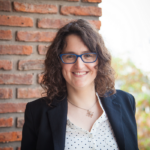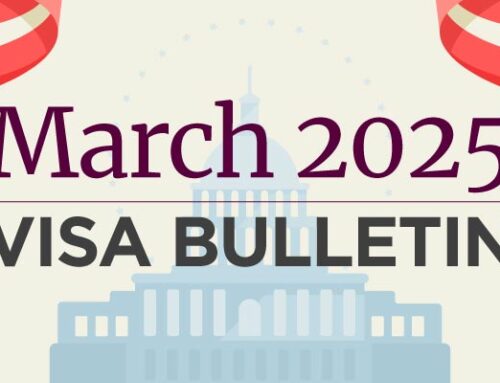As an immigration law firm based in the United States, we handle many documents that are written in other languages. This includes all types of documents that pertain to our clients, including financial documents, birth and marriage records, academic records and more. To properly submit these documents to USCIS and other government agencies, we must include a certified English translation of any document that is written in another language. To obtain certified translations, we utilize translation services from third-party translators.
The digital era has brought about changes and advancements in pretty much every industry. Legal services and translation are no exception. Both fields now have access to technology and tools that allow them to provide better services. Legal service providers make good use of shared data repositories, data privacy solutions, and contract automation. Meanwhile, translation services take advantage of computer-assisted translation (CAT) tools, quality assurance tools, and machine translation.
But how has the digital era affected the relationship between legal services and translation? Let’s discuss three areas of influence below.
- Global Expansion
The internet and globalization have played a major role in the increased need for translation services, including in the legal field. As companies expand into different countries, they require documents such as contracts, terms of use, and privacy policies in a variety of languages. This has proven extremely beneficial for both legal and translation service providers as their target market expands and grows. - Quality and Efficiency
Just as digital technology has led to an increase in the workload for translators in the legal field, it has also provided them with tools that save time and allow professionals to deliver higher-quality work. Legal service providers and translators can now collaborate more efficiently by creating and managing online terminology databases and cloud-based workspaces. This benefits both parties as translations can be delivered quicker and terminology stays consistent throughout all documentation. - Machine Translation
Another significant tech development in the translation field is machine translation. Here, artificial intelligence is used to automatically translate a text from one language to another. This field has made incredible progress over the last couple of decades and has shown excellent results in some areas. However, it still requires post editing by a translator in most, if not all, cases. In the legal field in particular, machine translation still has a long way to go.
Legalese is not only full of complexities, but legal systems and terminology vary from country to country. Moreover, special care needs to be taken when translating legal documents as even the smallest inaccuracy can have dire consequences. Therefore, working with an experienced legal translator is recommended for legal documents. At least until machine translation has made further progress. However, post editing will most likely still be necessary in this case.
The digital era has brought about many positive changes and tools when it comes to the intersection of legal services and translation. However, companies should take special care to choose the most relevant and reliable technologies to ensure legal translations remain reliable and accurate.








